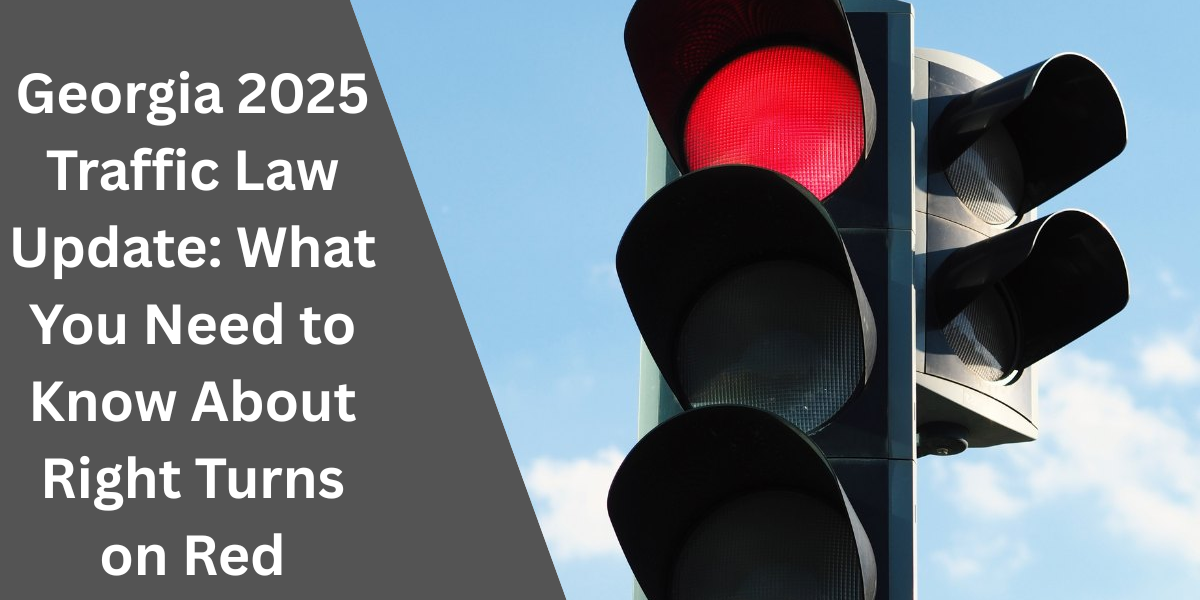Los Angeles, California – Federal food safety officials are urging consumers not to eat a batch of Trader Joe’s frozen uncured pepperoni pizza after it was discovered the product was imported from Italy without undergoing the mandatory inspection process. The U.S. Department of Agriculture’s Food Safety and Inspection Service (FSIS) issued a public health alert on Friday, warning that some pizzas may still be sitting in customers’ freezers.
What the Alert Covers
The health alert applies to the 17.63-ounce “TRADER JOE’S UNCURED PEPPERONI PIZZA PRODUCT OF ITALY” sold in cardboard boxes. The affected products include packages marked with:
- MFG LOT: 06/16/25 BEST BY: 08/16/26
- MFG LOT: 06/21/25 BEST BY: 08/21/26
These codes are printed on the bottom of the package. The pizzas also bear the Italian establishment number “IT 1558 L UE” inside the Italian mark of inspection on the front of the box.
According to officials, the pizzas were shipped to retail locations in California before the problem was discovered.
Why the Alert Was Issued
The issue came to light after Trader Joe’s notified FSIS that the frozen pizzas were not presented for import reinspection, a federal requirement designed to ensure that imported meat and poultry products meet U.S. safety standards.
Because the products are no longer available on store shelves, a recall was not issued. However, FSIS emphasized that some boxes may still be stored in home freezers, which poses a potential health risk.
Are There Any Reported Illnesses?
At this time, no illnesses or adverse reactions linked to the pizzas have been reported. Officials described the alert as a preventive measure rather than a response to any confirmed health incident.
Still, food safety experts warn that skipping the reinspection step means the pizzas never received the final federal review that typically checks for labeling accuracy, contamination risks, and import compliance.
What Consumers Should Do
The USDA and Trader Joe’s are urging customers who may have purchased the affected pizzas to take the following steps:
- Do not eat the product.
- Either discard the pizza or return it to Trader Joe’s for a refund.
- If you are concerned about illness after eating the product, consult a healthcare provider immediately.
Trader Joe’s customers with questions can call Customer Relations at 626-599-3817. For broader food safety questions, consumers can also reach the USDA Meat and Poultry Hotline at 888-674-6854 or email MPHotline@usda.gov.
How Food Safety Alerts Work
FSIS issues health alerts when there is reason to believe a product may pose a risk but a recall is not practical—often because the food is no longer being sold in stores. Unlike a recall, which requires active removal of products from shelves, an alert is more about consumer awareness.
Officials stress that food safety relies heavily on cooperation between federal inspectors, importers, and retailers. In this case, the oversight was flagged internally by Trader Joe’s, but only after the product had already reached customers.
Read Also: NJ Woman Accused of Faking Range Rover Theft at Florida Strip Club to Collect $146K Insurance Payout
Trader Joe’s Food Safety Record
Trader Joe’s, a popular grocery chain with a loyal customer base, has experienced recalls and safety notices in the past, like many national retailers. The company generally works closely with regulators to ensure transparency when potential issues arise.
This latest alert underscores the importance of import inspection rules, especially for meat products, which must meet strict USDA standards before reaching U.S. consumers.
Final Word
While no illnesses have been reported, consumers should check their freezers carefully for the affected Trader Joe’s uncured pepperoni pizzas. If found, the safest step is to avoid eating them and either discard or return them to the store.
Food safety officials emphasize that even small lapses in inspection can pose risks, and they encourage consumers to stay informed about recalls and alerts through FSIS updates.
Do you think health officials are doing enough to protect consumers when imported products skip required inspections? Share your views in the comments at ibwhsmag.com.


 by
by 

